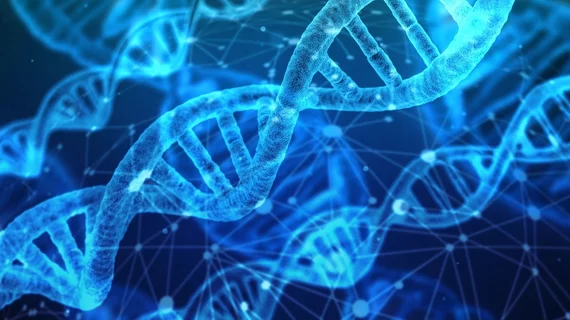Why does heart disease look different in women? This gene may provide the key
Medical professionals know through observation that women often experience heart disease differently than men, with different symptoms as well as outcomes. Now, a new study in American Heart Journal Plus has identified a specific gene that may be responsible for some of those sex-linked differences: RAP1GAP2.[1]
“Certain DNA markers in this gene are thought to manage the activity of platelets, colorless blood cells that help our blood clot. This also presents a heart attack risk,” said Jennifer Dungan, PhD, MSN, RN, of the University of Florida, in a statement about the study’s findings. “An overactive gene could cause too many platelets to respond to the clot, which could block the flow of blood and oxygen to the heart muscle and lead to a heart attack.”
Unlike women, RAP1GAP2 was not linked to poor outcomes for men, leading the study’s researchers to conclude that the gene’s potential association with ischemic heart disease (IHD) mortality is indeed only an issue among women.
A more complete understanding of genetic factors can help explain long standing differences in mortality rates between women and men. For example, even in cases of shared risk factors and similar access to care, the study notes that women in the U.S. are between two and three times more likely to die of IHD than men.
Part of that discrepancy can be attributed to issues surrounding diagnosis; Dungan notes that many existing symptom profiles and lab tests fail to accurately reflect known differences in women’s heart disease.
“Because of this disparity, women are more likely than men to report heart disease symptoms that appear out of the norm, experience delayed treatment for heart disease and even have undiagnosed heart attacks,” Dungan said.
However, the diagnosis differential alone is insufficient to explain the gaps in mortality, and genetic variation between the sexes may prove to be the missing piece of the puzzle.
“At the end of the study, if RAP1GAP2 gene markers accurately reflect women’s heart symptoms and predict their likelihood of a future heart attack, stroke or death, then those gene markers could help us be more confident in their diagnosis and future prognosis,” she said. “Having more accurate biomarkers for women would save lives and improve health equity for all women.”
Reference:
Dungan, J; Qin, X; Gregory, SG; et al.Sex-dimorphic Gene Effects on Survival Outcomes in People with Coronary Artery Disease. American Heart Journal Plus: Cardiology Research and Practice, May 2022. DOI: https://doi.org/10.1016/j.ahjo.2022.100152.
Related Content:
Women less likely to receive treatment, more likely to die after cardiogenic shock
Women face a higher risk of heart failure, death after their first severe heart attack
Heart attacks more likely to be missed in women than men
Women less likely to receive treatment, more likely to die after cardiogenic shock
